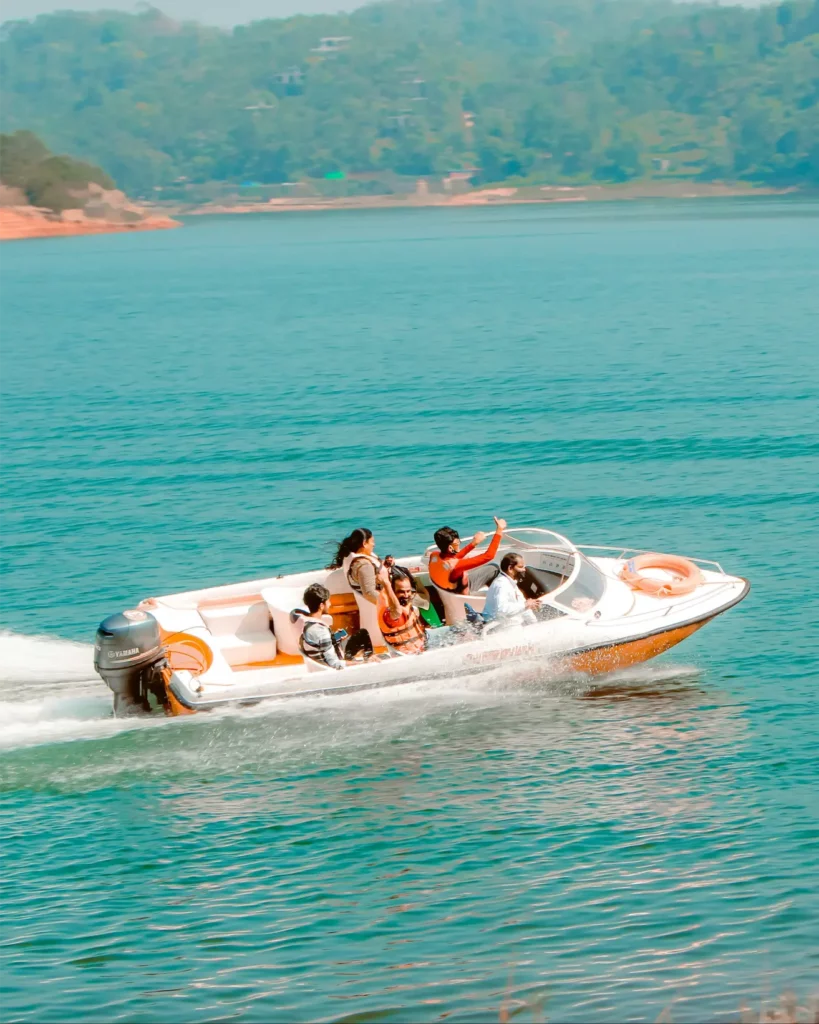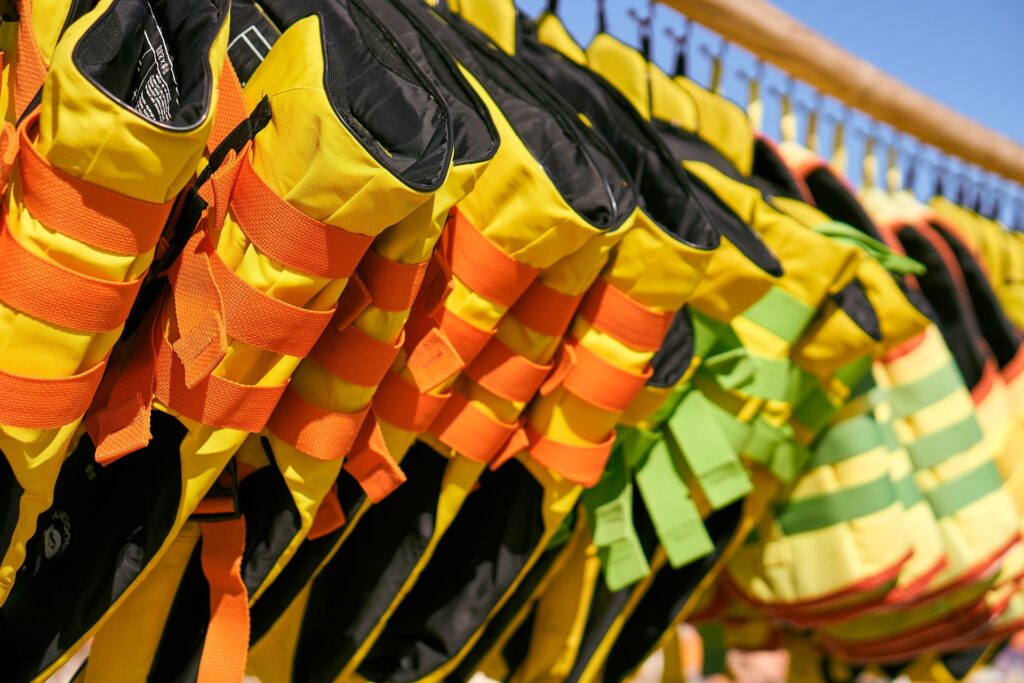Florida is known for its beautiful beaches and waterways, making it a popular destination for boating enthusiasts. However, before you hit the water, it’s important to understand the requirements for driving a boat in Florida. From licenses to safety regulations, here’s what you need to know to legally operate a boat in the Sunshine State.
Boat License

Unlike driving a car, you do not need a specific license to operate a boat in Florida. However, if you were born on or after January 1, 1988, you are required to have a Boating Safety Education Identification Card. This card can be obtained by completing a boating safety course, either in person or online. The course covers topics such as navigation rules, safety equipment, and emergency procedures. Once you pass the course, you will receive your card, which is valid for life.
- No specific license required to operate a boat in Florida
- If born after January 1, 1988, need Boating Safety Education Identification Card
- Card obtained by completing boating safety course in person or online
- Course covers navigation rules, safety equipment, and emergency procedures
- Card is valid for life once obtained
- Fishing License is required to fish in our waters
Age Restrictions
In Florida, the minimum age to operate a boat is 14 years old. Anyone under the age of 14 must be accompanied by someone who is at least 18 years old and has a Boating Safety Education Identification Card.
- A person must be at least 14 years of age to operate a personal watercraft in Florida.
- Children under the age of 14 must be accompanied by someone who is at least 18 and has a Boating Safety Education Identification Card.
Boating Laws
Just like driving a car, there are laws and regulations that must be followed when operating a boat in Florida. These include:
- Boats must have a valid registration and display the registration number and decal on the hull.
- Boats must have the required safety equipment, including life jackets, fire extinguishers, and navigation lights.
- Boats must follow speed limits and no-wake zones.
- Boats must yield to emergency vessels and maintain a safe distance from other boats and swimmers.
- Boats must not operate under the influence of drugs or alcohol.
Safety Equipment

As mentioned before, boats in Florida are required to have certain safety equipment on board. This includes:
- One life jacket per person on board.
- A throwable flotation device.
- A fire extinguisher.
- Navigation lights for nighttime operation.
- A sound-producing device, such as a horn or whistle.
- A visual distress signal, such as flares or an orange flag.
Boating Accidents
In the unfortunate event of a boating accident, it is important to know the proper procedures to follow. If there is an injury or death, the accident must be reported to the Florida Fish and Wildlife Conservation Commission within 48 hours. If there is only property damage, the accident must be reported within 10 days. It is also important to exchange information with the other parties involved and to render aid if necessary.
